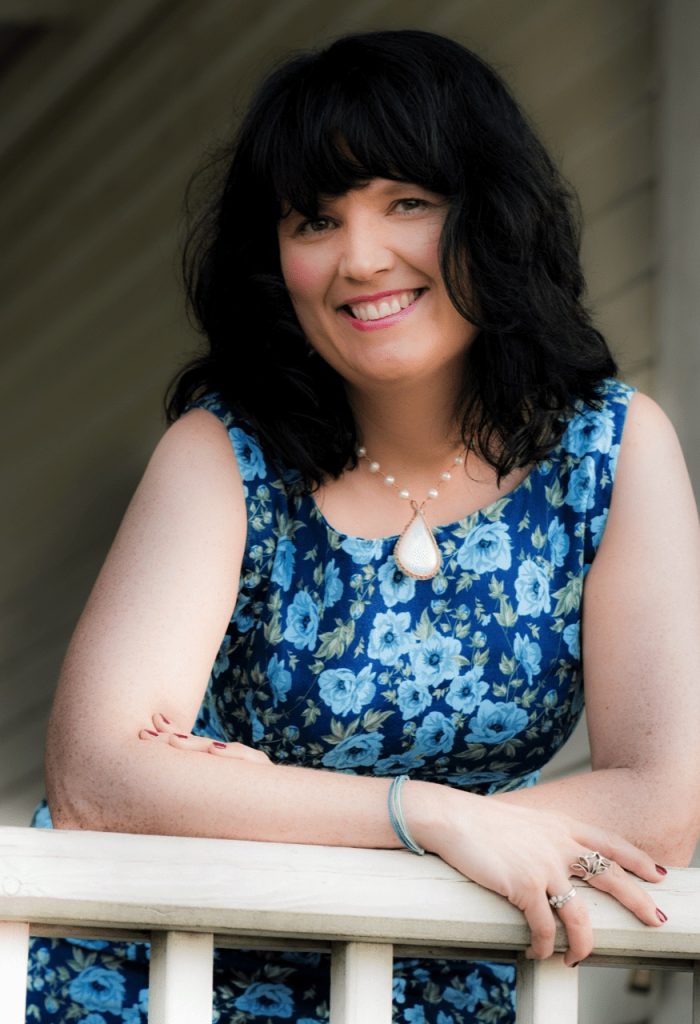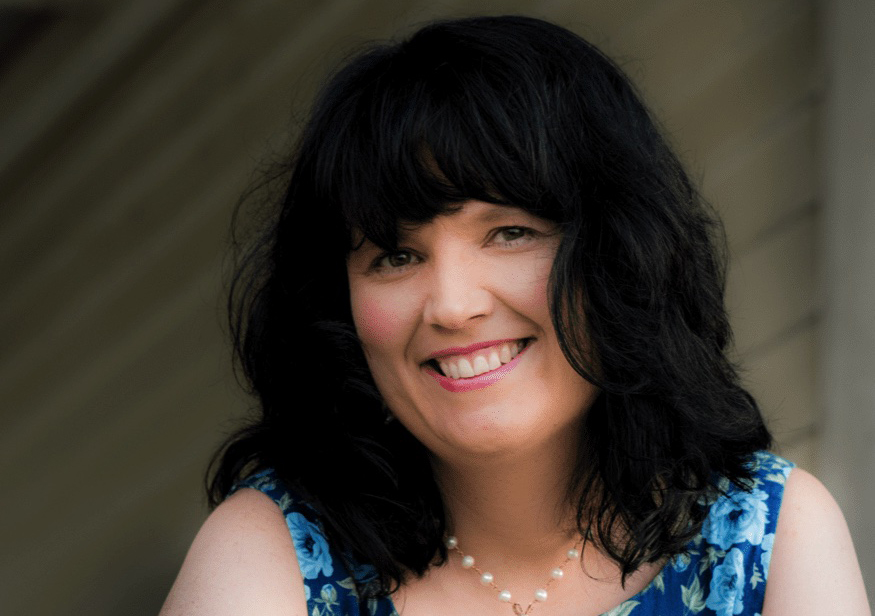
Dr Emma Briant, one of the key researchers who uncovered the Cambridge Analytica scandal in 2018
The vortex of misinformation, conspiracy theories, hatred and lies that we know as the unacceptable face of the internet has been well documented in recent years. Less well documented are the players behind these campaigns. But a small and growing group of journalists and researchers are working on shining a light on their activities. Dr Emma Briant is one of them. The professor, who is currently an associate at the Center for Financial Reporting and Accountability, University of Cambridge, is an internationally recognised expert who has researched information warfare and propaganda for nearly two decades. Her approach is that she doesn’t just research one party in the information war. Instead Briant considers each opponent, even those in democratic states, a breadth and detail that is important. As she tells me you miss half the story if you concentrate on single examples.
“This is a world in which there is an information war going on all sides and you can’t understand it without looking at all sides. There isn’t a binary of evil and pure. In order to understand how we can move forward in more ethical ways we need to understand the challenge that we are facing in our world of other actors who are trying to mislead us,” Briant says.
“There are powerful profit-making industries that are reshaping our world. We need to better research and understand that, to not simply expose some in isolated campaigns like they are just bad apples,” she adds.
Briant is perhaps best known for her work on Cambridge Analytica. She was central in exposing the data scandal related to the firm and Facebook at the time of the USA’s 2016 election. So what drove her to this area of research?
“My PhD looked at the war on terror and how the British and Americans were coordinating and developing their propaganda apparatus and strategies in response to changing media forms and changing warfare. Now that led me to meet Cambridge Analytica or rather its predecessor, the firm SCL group. Cambridge Analytica were using the kind of propaganda that had been used in the military, but in this case in elections, in democratic countries.”
The groundwork for this research was laid much earlier, when Briant lived as a child in Saudi Arabia around the time of the Gulf War. She was shocked to find lines and lines of Western newspapers censored with black pen, to the point you couldn’t read them, and pro-US and anti-Iraq propaganda everywhere.
“I was amazed by the efforts at social control,” she said.
Then, during her first degree, she studied international relations and politics when 9/11 happened and, as she says, “the world changed”.
“I was really very concerned about what we were being fed, about the spin of the Iraq war,” says Briant.
Like many she was inspired by a teacher, in her case Caroline Page.
“[Page] wrote a book on Vietnam and propaganda, and she had interviewed people in the American government and I was amazed that a woman could just go over to America and interview people in politics and in government and get really amazing interviews with high level officials. This really inspired me.”
Briant was motivated by both Page’s example and her specific work.
“She wanted to really find out what was going on and understand the actors behind the propaganda. And that is what really fascinates me most. Who’s behind the lies and the distortions? That’s why I’ve taken the approach that I have, both in looking at power in organisations like governments and how that’s deployed, and looking at how we can govern that power in democracies better.”
Because of Briant’s all-sided approach, she says she can attract the ire of people across the spectrum. People who focus only on Russia, for instance, might dislike that Briant critiques the British government. Conversely, people who are critics of the UK and US government call into question whether she should challenge Russian or Chinese propaganda. But, as she reiterates, “it’s really important to have researchers who are willing to take on that difficult issue of not only understanding a particular actor but understanding the conflict, protecting ordinary people and enabling them to have media they can trust and information online which is not deceptive.”
Criticism of her work has at times taken on a sinister edge. Briant is, sadly, no stranger to threats, trolling and other forms of online harassment.
“It’s very difficult to even just exist online if you’re doing powerful work, without getting trolled,” Briant says.
“The type of work that I do, which isn’t just analysing public media posts and how they spread, but is also looking at specific groups’ responsibilities and basically researching with a journalistic role in my research, that kind of thing tends to attract more harassment than just looking at online observable disinformation spread. Academics doing such work require support.”
Briant cites the case of Carole Cadwalladr, a journalist at the Guardian, as an example of how online campaigns are used to silence people. Like Briant, Cadwalladr pointed the looking glass at those behind the misinformation that spread in the lead-up to the EU referendum. Cadwalladr experienced extreme online harassment, as well as a lengthy and very expensive legal battle. Taken by Arron Banks, the case had all the hallmarks of being a SLAPP, a strategic lawsuit against public participation, namely, a lawsuit that has little to no legal merit. Its purpose is instead to silence the accused through draining them of emotional, physical and financial resources.
Briant has not been the subject of a SLAPP herself but has experienced other attempts to threaten, intimidate and silence her. Meanwhile, the threat of lawfare lingers in the background and has affected her work.
 “Legal harassment has a real impact on what you feel like you are able to say. At one point after the Cambridge Analytica scandal it felt like I couldn’t work on highly sensitive work with a degree of privacy without the threat of being hacked or legal threats to obtain data or efforts to silence me. You cannot develop research on powerful actors and corrupt or deceptive activities as a journalist or a researcher without knowing your work is secure,” Briant says.
“Legal harassment has a real impact on what you feel like you are able to say. At one point after the Cambridge Analytica scandal it felt like I couldn’t work on highly sensitive work with a degree of privacy without the threat of being hacked or legal threats to obtain data or efforts to silence me. You cannot develop research on powerful actors and corrupt or deceptive activities as a journalist or a researcher without knowing your work is secure,” Briant says.
The ecosystem might be changing. New legislation has been proposed that will make using SLAPPs harder in the UK, where they are most common (the US, by comparison, has laws in place to limit them). But, as Briant highlights, there is more than one way to skin a cat.
“I don’t think people really understand the silencing effect of threat, not necessarily even receiving a letter but the potential of people to open up your private world. The exposure of journalism activities before an investigation is complete enables people to use partial information to misrepresent the activities, it can even put sources at risk,” she says.
While Briant believes these harassment campaigns can affect anyone doing the sort of work that she and Cadwalladr do, she says we can’t ignore the gender dynamic.
“Trolling and harassment affects a lot of different women and women are much more likely to experience this than men who are doing powerful work challenging people. This is just true. It’s been shown by Julie Posetti and her team, and it’s also the case if you look at other minorities or vulnerable communities.”
Of course if Briant was just a bit player people might not care as much. Instead, Briant has given testimony to the European Parliament and had her work discussed in US Congress. She’s written one book, co-authored another and has contributed to two major documentary films (one being the Oscar-shortlisted Netflix film The Great Hack). In today’s world, the attacks she has received have become part of the price people are paying for successful work. Still it’s an unacceptable price, one that we need to speak about more.
Briant is doing that, as well as more broadly carrying on with her research. She’s also writing her next two books, one of which revisits Cambridge Analytica. In Briant fashion, it places the company in a wider context.
“I’m looking at different organisations and discussing the transformation of the influence industry. This is really a very new phenomenon. Digital influence mercenaries are being deployed in our elections and are shaping our world.”






